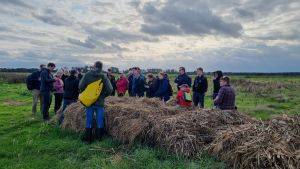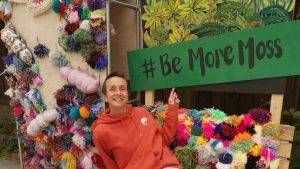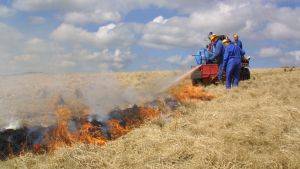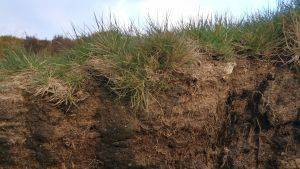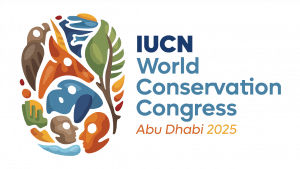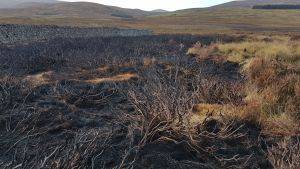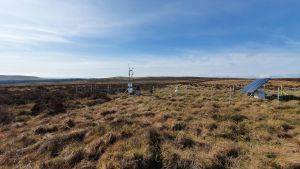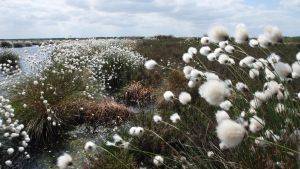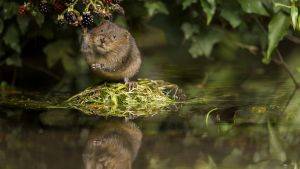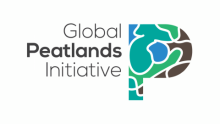 Raising awareness and strengthening knowledge to inform policies, priorities, and practice is part of the core work of the Global Peatlands Initiative (GPI) https://www.globalpeatlands.org/. The Global Peatlands Assessment (GPA) is one of the GPI’s flagship products which aims to establish the State of the World's Peatlands bringing forth the best science to help in answering questions on peatland distribution, status, trends, and pressures through gathering the best available science, in order to outline hotspots for urgent action and advocate emerging opportunities for the conservation, restoration, and sustainable management of peatlands. The GPA is led by UNEP and is being coordinated by a team at the UNEP- World Conservation Monitoring Centre (UNEP-WCMC), with technical support from the Greifswald Mire Centre (GMC) and the Food and Agriculture Organization (FAO).
Raising awareness and strengthening knowledge to inform policies, priorities, and practice is part of the core work of the Global Peatlands Initiative (GPI) https://www.globalpeatlands.org/. The Global Peatlands Assessment (GPA) is one of the GPI’s flagship products which aims to establish the State of the World's Peatlands bringing forth the best science to help in answering questions on peatland distribution, status, trends, and pressures through gathering the best available science, in order to outline hotspots for urgent action and advocate emerging opportunities for the conservation, restoration, and sustainable management of peatlands. The GPA is led by UNEP and is being coordinated by a team at the UNEP- World Conservation Monitoring Centre (UNEP-WCMC), with technical support from the Greifswald Mire Centre (GMC) and the Food and Agriculture Organization (FAO).
They are currently looking for Contributing Authors (CAs) to participate in the GPA to gather scientific research and prepare technical information (text, graphs, data) for the several sections that each chapter will have, under guidance of the Coordinating Lead Authors (CLAs). With your engagement and expertise, we will update and establish the current State of the World's Peatlands based on the best available science.
The GPA will have 9 chapters (for you to choose your region and/or area of expertise):
- Summary for Policy Makers
- Global Peatlands Extent and Status (Mapping and Policy)
- Peatlands Regional Assessment for Africa
- Peatlands Regional Assessment for Asia
- Peatlands Regional Assessment for Europe
- Peatlands Regional Assessment for Latin America and the Caribbean
- Peatlands Regional Assessment for North America
- Peatlands Regional Assessment for Oceania
- Policy Options and Recommendations
The CAs can have one or more of the following areas of expertise related to peatlands:
- Biodiversity and Ecosystem Services
- Mapping and modelling
- Conservation and policy
- Agriculture and livelihoods
- Economics and finance
- Other relevant sciences (paleoecology, biogeochemistry, etc.)
If you are interested, please reach out to UNEP-WCMC (raquel.agra@unep-wcmc.org / carina.pohnke@unep-wcmc.org) or UNEP-GPI (patrick.scheel@un.org) by Friday, September 3rd at the latest, and send us a short description on how your experience and research is relevant to one or more areas of expertise and chapters of the assessment. If available, also please provide us the link of your institution’s webpage, publications, or any other resource that contains information about you and your work. Please consider that this call is open to researchers affiliated to an institution but also to independent experts.

